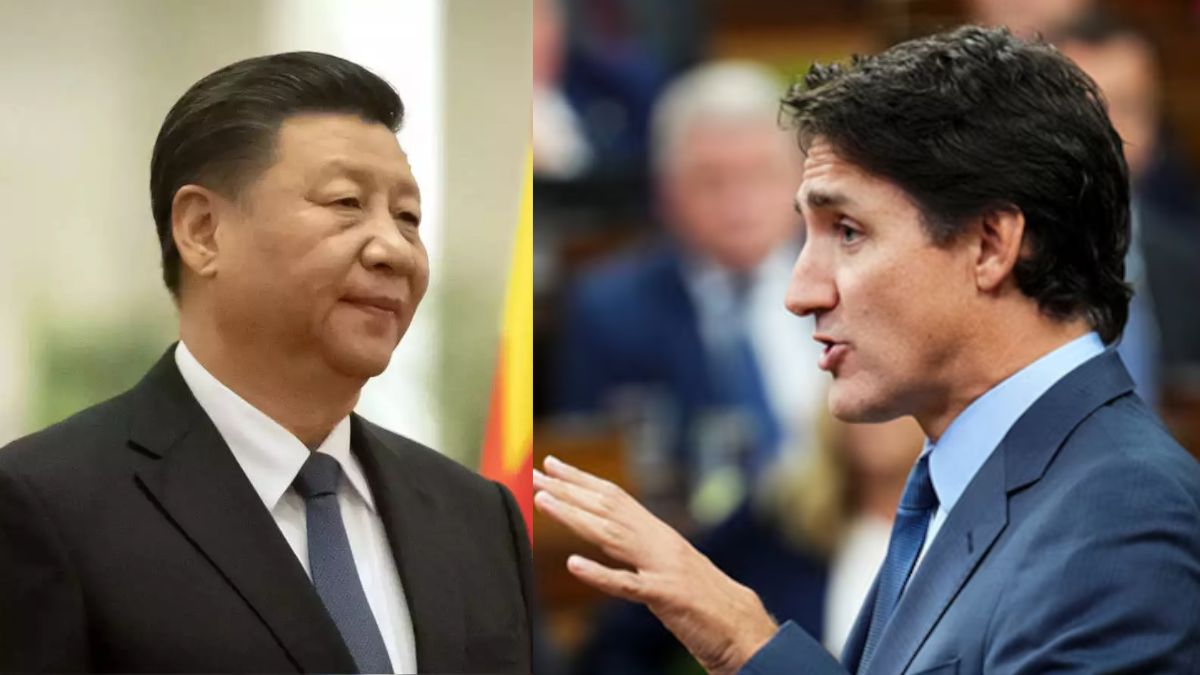China has taken Canada to the World Trade Organization (WTO) over Ottawa’s new restrictions on imports of Chinese electric vehicles, steel and aluminium products, according to reports.
Last month, Canadian Prime Minister Justin Trudeau imposed 20 per cent tariffs on Chinese electric vehicles and 25 percent on Chinese steel and aluminium products, citing concerns that China is not adhering to the same environmental and labour standards as other countries.
China has denounced these measures as unfair and, in an apparent act of retaliation, has launched anti-dumping investigations into Canadian exports of canola and chemical products this week.
And on Friday, Beijing’s commerce ministry said it had “requested consultations with the Canadian side at the WTO” regarding Ottawa’s additional tariff measures.
“Canada has ignored WTO rules and violated its commitments at the WTO,” a ministry spokesperson said in an online statement.
“(This) is a classic unilateral and trade protectionist act that seriously damages the rules-based multilateral trading system and disrupts global industrial and supply chains for EVs as well as steel and aluminium products,” it said.
“China fully opposes this… We urge Canada to abide by WTO rules and immediately correct its erroneous practices.”
Its steel and aluminium surtax will be effective from October 15.
Beijing’s commerce ministry said on Tuesday that it planned to start an anti-dumping investigation into canola imports from Canada, after Ottawa moved to impose tariffs on Chinese electric vehicles, lifting prices of domestic rapeseed oil futures to a one-month peak.
Impact Shorts
More ShortsMore than half of the canola exported by Canada makes its way to China, the world’s biggest oilseed importer. Canola, also called rapeseed for certain variants, is used as a cooking oil and in a wide range of products including renewable fuels.
The Canola Council of Canada said it was confident that China’s probe would show that Canadian producers were playing by the rules. In a statement, it said Canadian exports of canola to China last year totalled C$5.0 billion ($3.7 billion).
Another Chinese probe will target “relevant Canadian chemical products, based on applications by domestic industries”, the commerce ministry said.
Trade disputes have proliferated between China and Western countries in recent months.
The United States and the European Union have respectively slapped tariffs of 100 percent and 36 percent on Chinese EVs, arguing that Beijing unfairly subsidises domestic producers whose products then flood foreign markets and undercut local competitors.
China has denied the allegations and announced a suite of investigations of its own.
Beijing said last month it had appealed to the WTO’s dispute settlement mechanism over the EU’s tariffs on its imported EVs.
With inputs from agencies.


)

)
)
)
)
)
)
)
)



